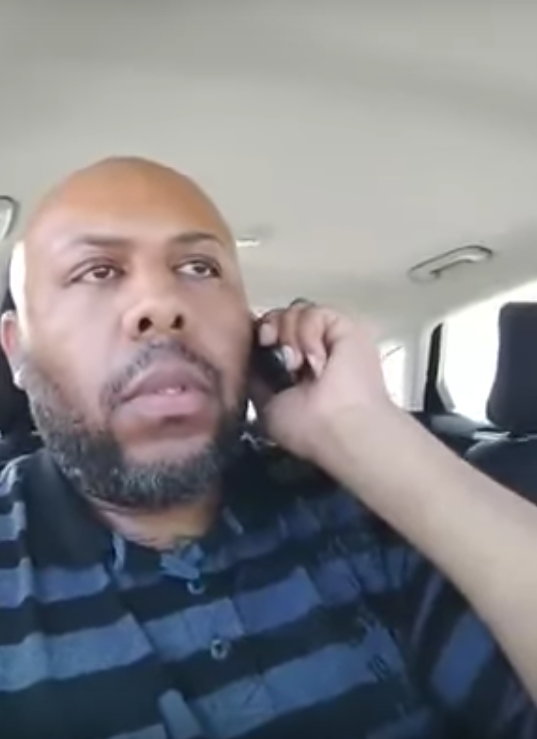The Cleveland and San Bernardino Shootings Reveal Two Important Conversations We Should Be Having with Boys

By:
A horrific killing in Cleveland, Ohio is another recent case of a breakup ending in violence, coming just a week after shooting deaths in San Bernardino, California. The shootings reveal a threat women face, and also the ways society fails young boys and men in the U.S.
Steve Stephens shot and killed a 74-year-old grandfather on Sunday and then uploaded the Facebook video afterwards, which has since been removed. In the video titled "Easter Day Slaughter" Stephen walked up to Robert Godwin with a gun and had the man say "Joy Lane," the name of his ex-girlfriend who recently broke up with him. Godwin's family told local reporters he was walking home from an Easter meal with his family. Stephens then shot Godwin in the head as he tried to cover himself with a plastic bag.
Police are currently conducting a manhunt to find Stephens.
 Youtube/jack hammer - youtube.com
Youtube/jack hammer - youtube.com
"I haven't watched the video. I haven't even looked at my cellphone or the news," Godwin's son Robert Jr., told the Cleveland Plain Dealer. "I don't really want to see it."
In other Facebook videos, Stephens said that he did it as revenge against his ex-girlfriend Lane, and claimed that he "just snapped."
Across the country and a week earlier, Cedric Anderson went in to his estranged wife Karen Elaine Smith's classroom in San Bernardino and opened fire, killing her and a child standing behind her. They had been estranged for about a month. Smith's family said that after they became married Anderson changed and "that's where the trouble began."
The two shootings reveal two important conversations we need to have with young men and boys:
1. Men are not entitled to possess women and women can say no.
A Facebook post by user Khellie Braxton made an important point about the two shootings: we need to talk to men about accepting "no" from women.
"It's (BEEN) time we have real conversations with men about how they don't own the women they know," Braxton wrote. "About how they aren't entitled to be with women. And about how to accept a no, without retorting with violence."
Ruth Glenn, the executive director of the National Coalition Against Domestic Violence said that American society is still a patriarchy that puts men and their wants and desires at the top.
"I believe that we still have a culture that facilitates toxic behavior out of young men, and it really ties back to the patriarchy and the marginalization of women," she said. Glenn said men who commit violent acts like these are in the minority, but gender roles can play a part in men's general sense of entitlement to women. When that sense of entitlement mixes with someone who is capable of violence, that's bad news.
"They're entitled in general, so if they at some point have gained control, but the victim's actions are saying, 'you can no longer control me,' all they can see is that they don't have control anymore." she said. "They know how to control, but when you're beginning to take that control away, this is when you see these things happen."
2. It's ok for men to talk about their feelings and get professional help if needed.
 Stocksy/Kkgas - stocksy.com
Stocksy/Kkgas - stocksy.com
ATTN: also previously wrote about the reluctance men, especially in the black community, can feel about getting treatment for mental health issues, even though Black Americans are 10 percent more likely to report experiencing serious psychological distress. Men are often reluctant to talk about emotions at all, because of "toxic masculinity," the harmful concept that men should not feel or express vulnerable emotions that have been traditionally associated with women. Black Americans also face barriers in access to care. In 2014, more than 15 percent of black Americans compared to 11 percent of whites had health insurance, and in 2011, only 53 percent of black Americans who suffered from depression received treatment compared to 73 percent of whites.
Lisa Patrick from The Good Men Project, a site that features stories about defining moments for men, wrote about her father's inability to express emotions.
"It’s ridiculous that male emotions, with the possible exception of anger, are so frequently equated with weakness," she wrote. "It saddens me that men like my father, who is a wonderful, kind, decent human being, are emotionally constipated as a function of essentially arbitrary gender roles."
